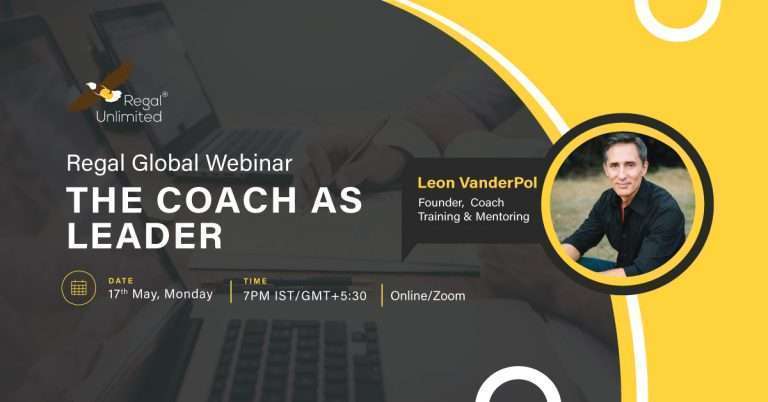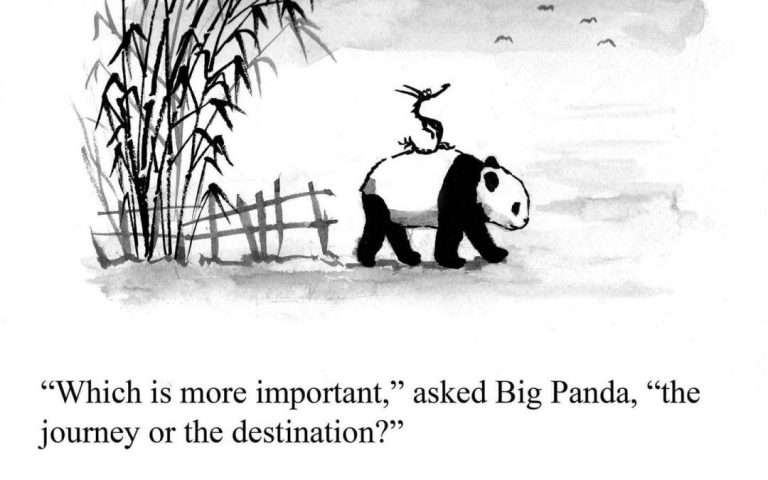
Learning to coach, adding coaching skills to leadership, and incorporating elements of coaching into life…
These are all part of the journey of an aspiring, un-credentialed coach when s/he embarks on coach-training. Obtaining a credential is not the end of the journey, but a stepping stone to something bigger, grander and profound.
Every coachee/coaching client experiences a transformational shift. A coach co-creates that shift for the coachee. Unless the coach, on the coach-training journey, is receptive and in allowance to experience the same, how will s/he facilitate the shifts in the coachees?
- It starts with “No-CC” 🙂 Starts somewhere, including an RCC, moves to ACC and then to PCC ( a few to MCC). It is veritable a marathon.
- At RCC, we mandate 25 hours of coaching practice, to taste the beautiful coaching process
- ACC (ICF) application demands 100 hours of coaching practice
- PCC raises the bar to 500 hours
- Coaching practice/log: This part of our certification and ICF credential ensures the coach gets real coaching practice. Much bigger than mere role plays. The participants bring up real-life issues. That enables them to sort out some of their life issues too, which is what a real coachee experiences in their coaching intervention.
- Stating the obvious, this is not just about clocking the number of hours, but the rigor on quality. (Malcolm Gladwell’s 10K hours is spot on!)
It can help the coach (a matter of choice) to move from unconscious incompetence to Unconscious Competence.
As ICF Mentor Coaches, our effort is to get the coach to coach from a state of Being, which is tapping into the strong foundation of coaching process/science, also allow it to move into the realm of art.
Does these coaching hours guarantee a coach can coach at that level, session after session? No. This is where the continuous working of the coach on himself/herself is important. Also, the coach has a coach. How the coach is learning from every session. How reflective is the coach to learn from every session and from other sources? Continuous learning is an integral part of being a coach.
What is it Being a Coach?
Coaching is a practice/work/career/Being that comes with a choice: as a professional, and beyond, in life. It’s global, portable and flexible practice means that the coach decides where and when s/he will work. (As someone who spent 21 yrs in corporate and last six years as an entrepreneur/coach, I can vouch for it, “boss-less is bliss”*conditions apply!)
Our coach training/facilitation and mentoring is unique that it enables the coaches to come up with their own coaching-model, style, niche and approaches, built on ICF & EMCC coaching competencies. This is one approach that brings together what the aspiring coach already is. Not add one more mask, but remove all the masks… It empowers the coach to make a choice, whom to coach and how to coach.
The coach can
- become a self-employed professional (as we did with Regal Unlimited) and set up an independent practice, and boss-less. Solo or with partner(s). #RegalCoaches is a good option. Feel free to reach out to our community of the best-in-category coaches to know what prompted them to get into coaching and what has been their journey… and how it has changed their lives.
- add coaching to your existing work, practice, or
- become an internal coach at a corporate
As we move to the last quarter of this year, we will complete a PCC level batch in October and an ACC level batch in November. We offer the best-in-category coach training for in-house, unaccredited Regal Coach Certification and ICF accredited coach-training for ACC and PCC. We bring together the best of eastern philosophy and western psychology to our programs. For more details, please visit Coach Training and Mentoring at Regal Unlimited








Good article! Essence of coaching and benefits as a coach well captured
Thank you, Rekha
Good one boss
Thanks Nassar
I look back and think of those days when it was a struggle to get the best mentor who can transform my life into something great. Any mentor could influence my thoughts only to some extent. When i got introduced to coaching, I realized the potential I had within me using which I am able to take confident and conscious steps in life. Every coaching session helps me be fully aware of what I am going to do. Isn’t it beautiful when we know what we are doing and the consequences of our act? It is like a leap into the future with help of a coach. All decisions are mine and I am accountable.